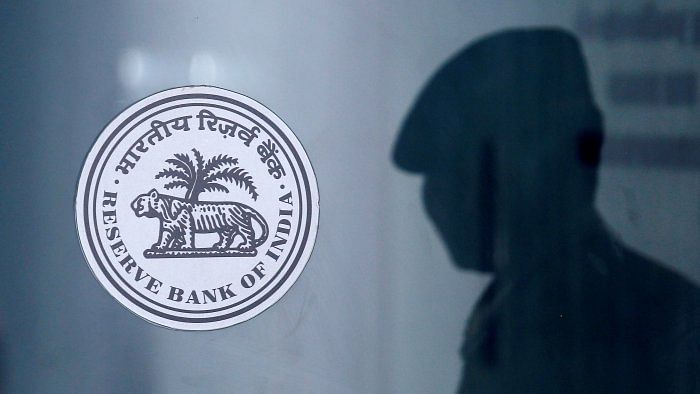
The Reserve Bank of India (RBI) sought stakeholders’ response by October 3 on whether certain charges could be levied on various payment systems such as RTGS, NEFT, UPI, as well as for credit and debit cards. This move—mulling over extra charges for transactions—could come in the way of India’s budding digital transactions and push it back to using more cash.
Should debit card transactions be charged as normal funds transfer transactions?
Should MDR (merchant discount rate) for debit cards be uniform across merchants (irrespective of turnover)?
Should RBI regulate interchange for debit card transactions?
Should RuPay cards be treated differently from other debit cards affiliated to international card networks?
These were some of the queries the central bank’s “discussion paper” raised.
Keeping in view that the intent of this discussion paper was to elicit general feedback, a few questions on what approach should be adopted, were also included.
“Discussion on charges in different payment systems, their reasonableness, alternate views, etc., is presented. A few questions have also been raised after each discussion, to elicit stakeholder and public feedback. The discussion and the inputs received would be used to frame policy interventions going forward,” the RBI said.
At present, there are no charges levied on UPI transaction—as mandated by the government since 2020. This means that charges in UPI are nil for users and merchants alike.
The RBI also sought to know whether digital payment transactions be charged based on value.
“Given that a digital payment transaction is all about a few clicks, should they be value-neutral? In other words, should the charges for a digital payment transaction be the same irrespective of the value of the transaction? This would mean that a transaction worth a rupee or a thousand rupees will have the same charge,” the central bank stated.
The discussion paper also asked whether “large value users” would “subsidise the cost of usage for a small value transaction".
The central bank also wanted to know stakeholders’ opinion if additional levy per seat or ticket was justified if the “effort involved in undertaking a transaction or providing the service for one / few tickets or seats is the same”.